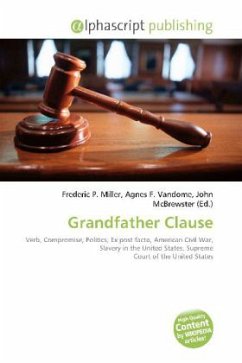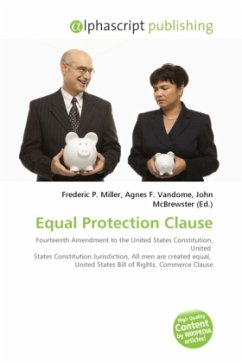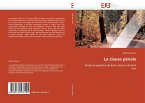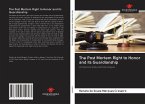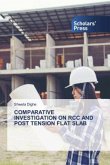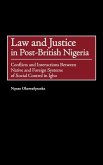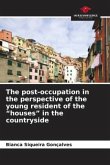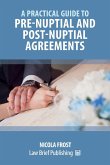Please note that the content of this book primarily consists of articles available from Wikipedia or other free sources online. A grandfather clause is an exception that allows an old rule to continue to apply to some existing situations, when a new rule will apply to all future situations. It is often used as a verb: to grandfather means to grant such an exemption. Frequently, the exemption is limited; it may extend for a set period of time, or it may be lost once a change is made. For example, a "grandfathered power plant" might be exempt from new, more restrictive pollution laws, which would be applied if the plant were expanded. Often, such a provision is used as a compromise, to effect new rules without upsetting a well-established logistical or political situation. This extends the idea of a rule not being retroactively applied. The term originated in late-19th-century legislation and constitutional amendments passed by a number of U.S. Southern states which created new restrictions on voting, but exempted those whose ancestors had the right to vote before the Civil War. The existence of slaves prior to the Civil War effectively excluded African Americans while allowing poor and illiterate whites to vote.
Bitte wählen Sie Ihr Anliegen aus.
Rechnungen
Retourenschein anfordern
Bestellstatus
Storno

